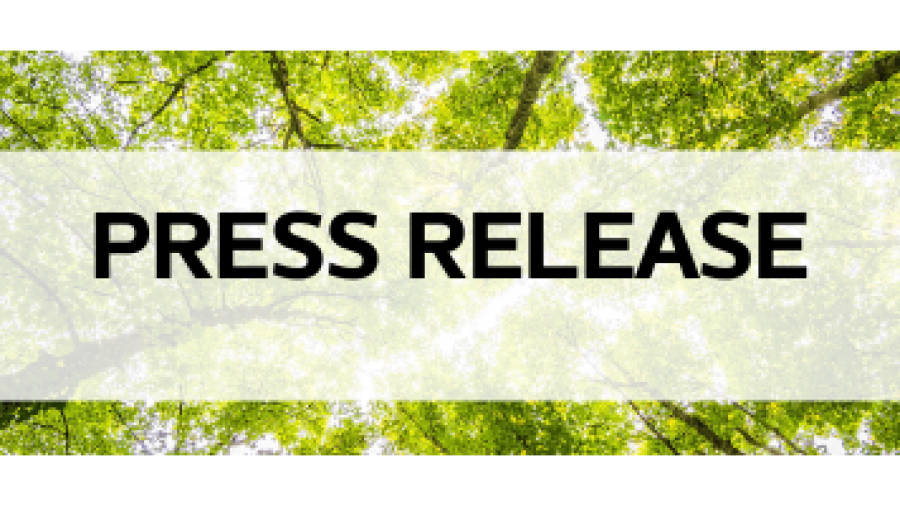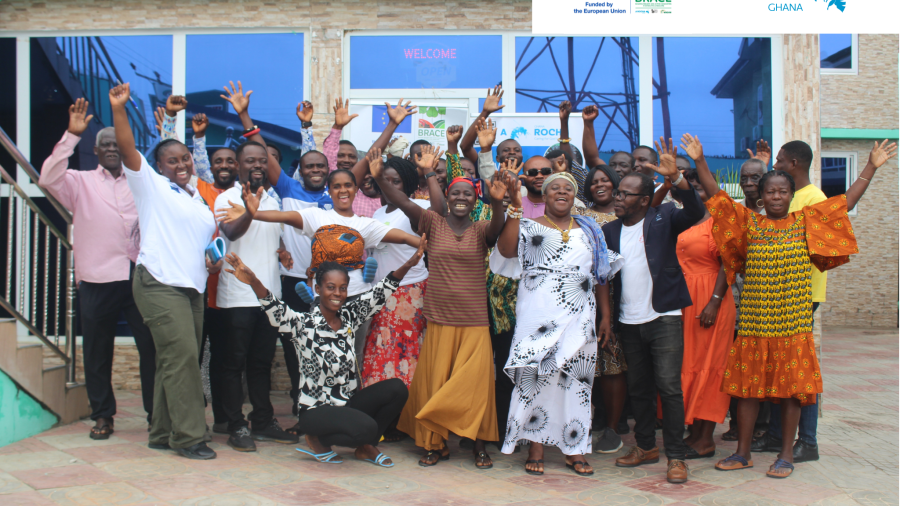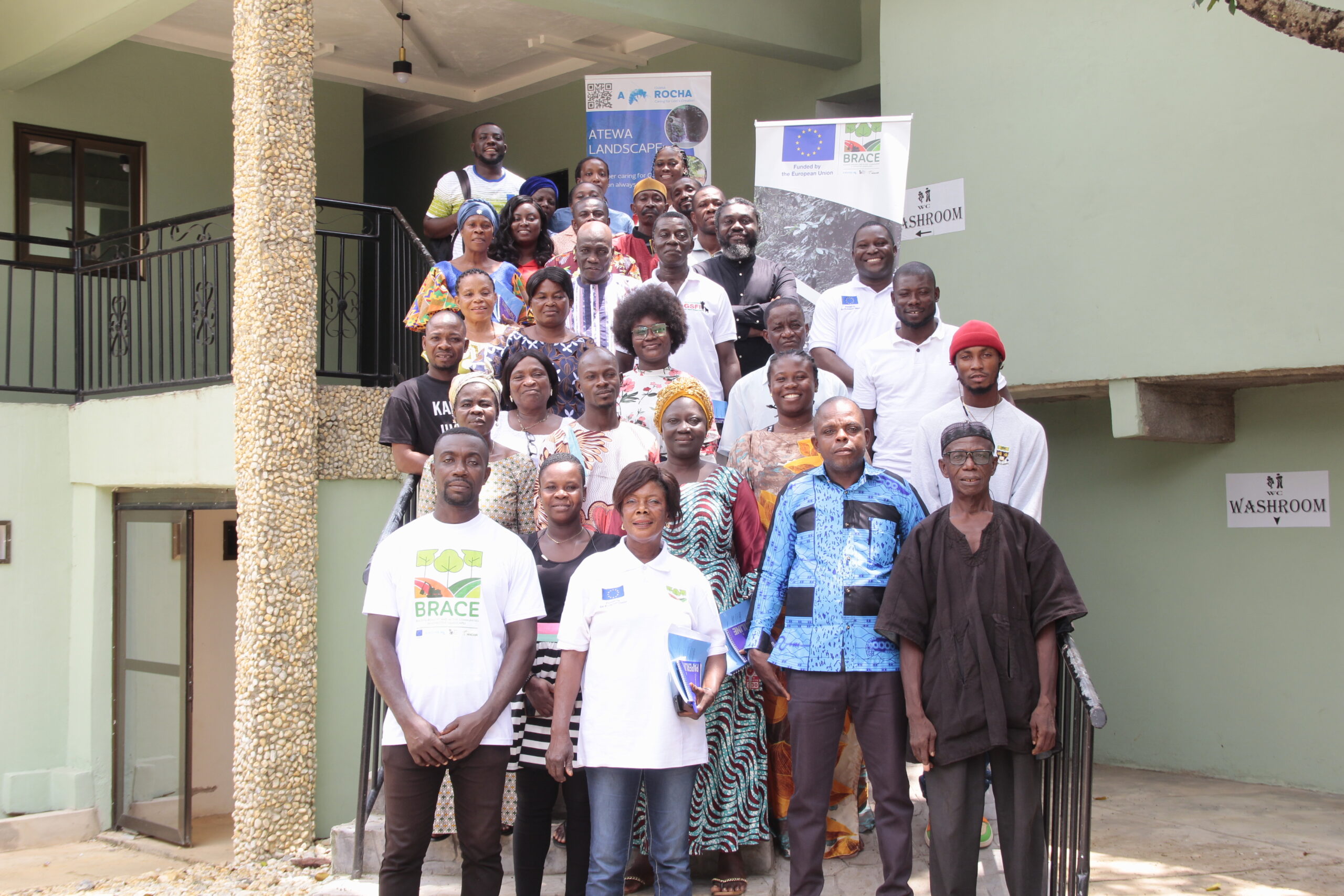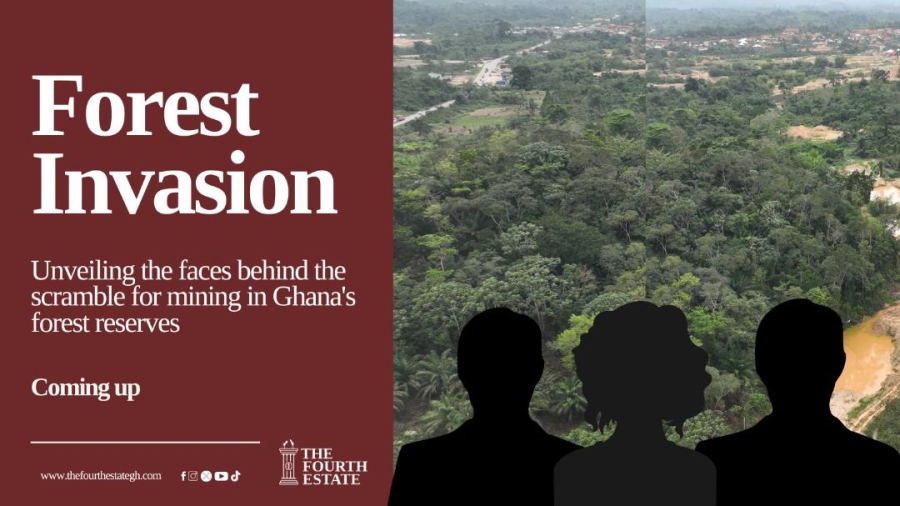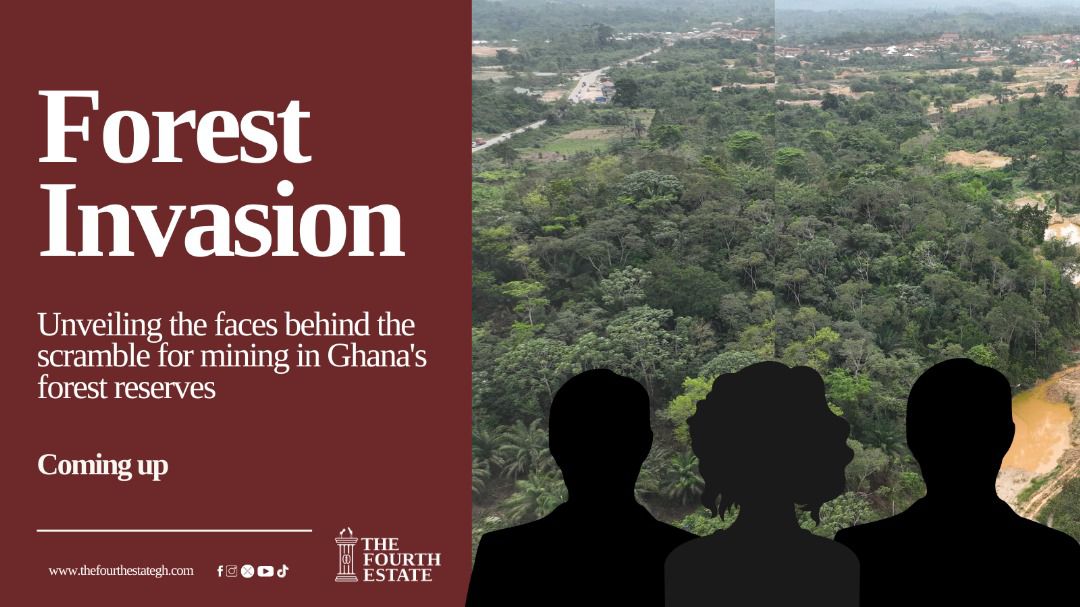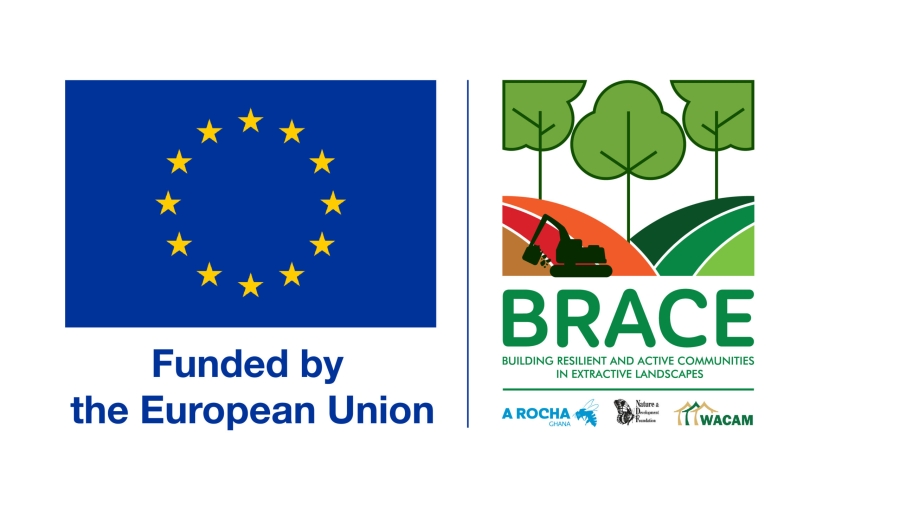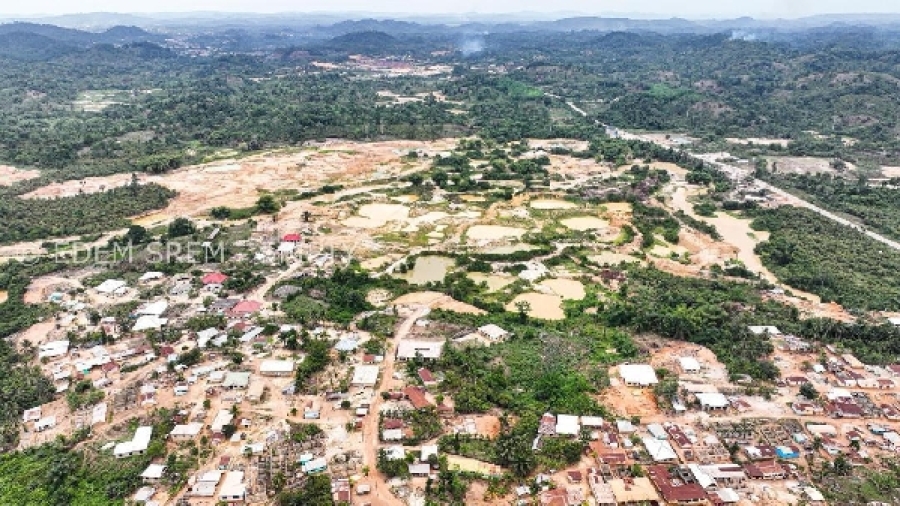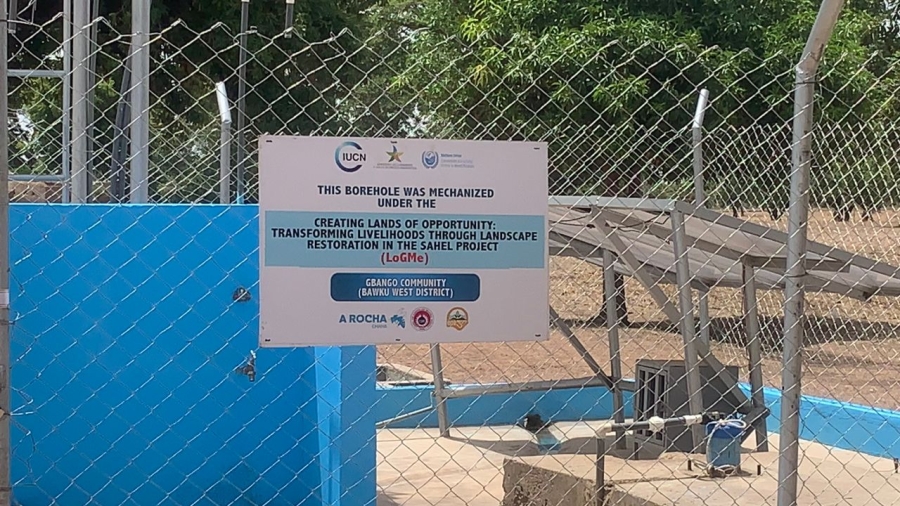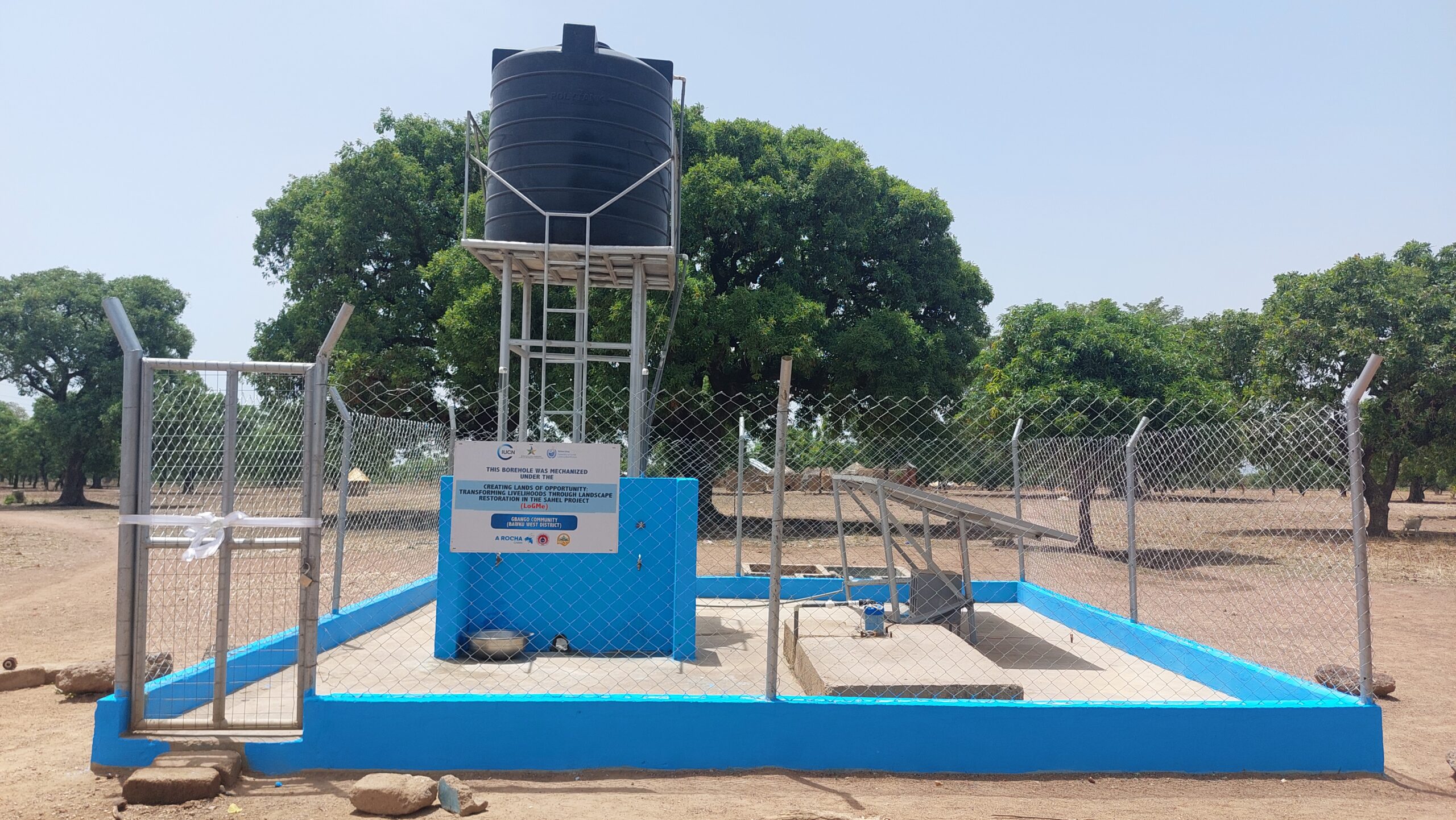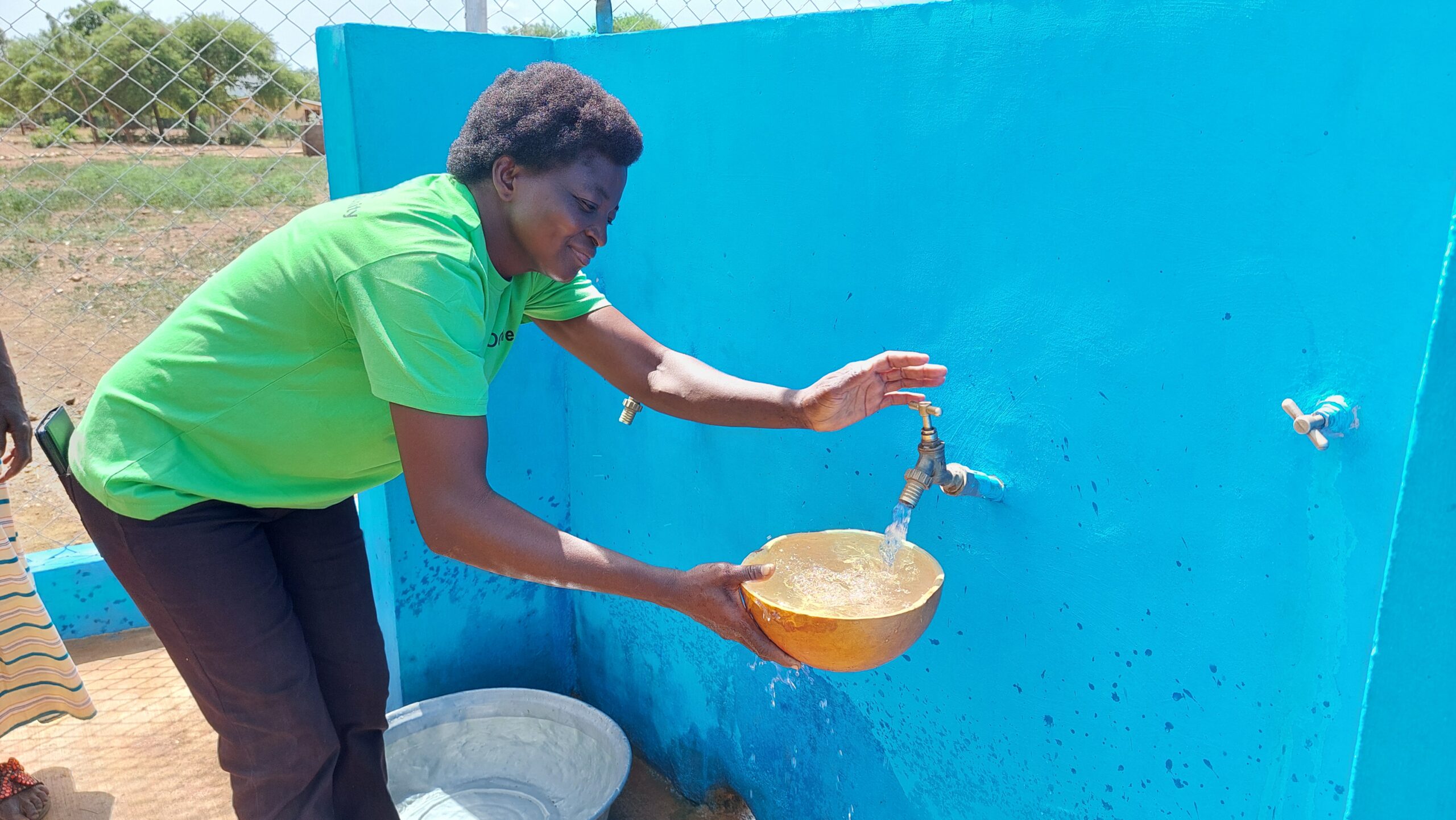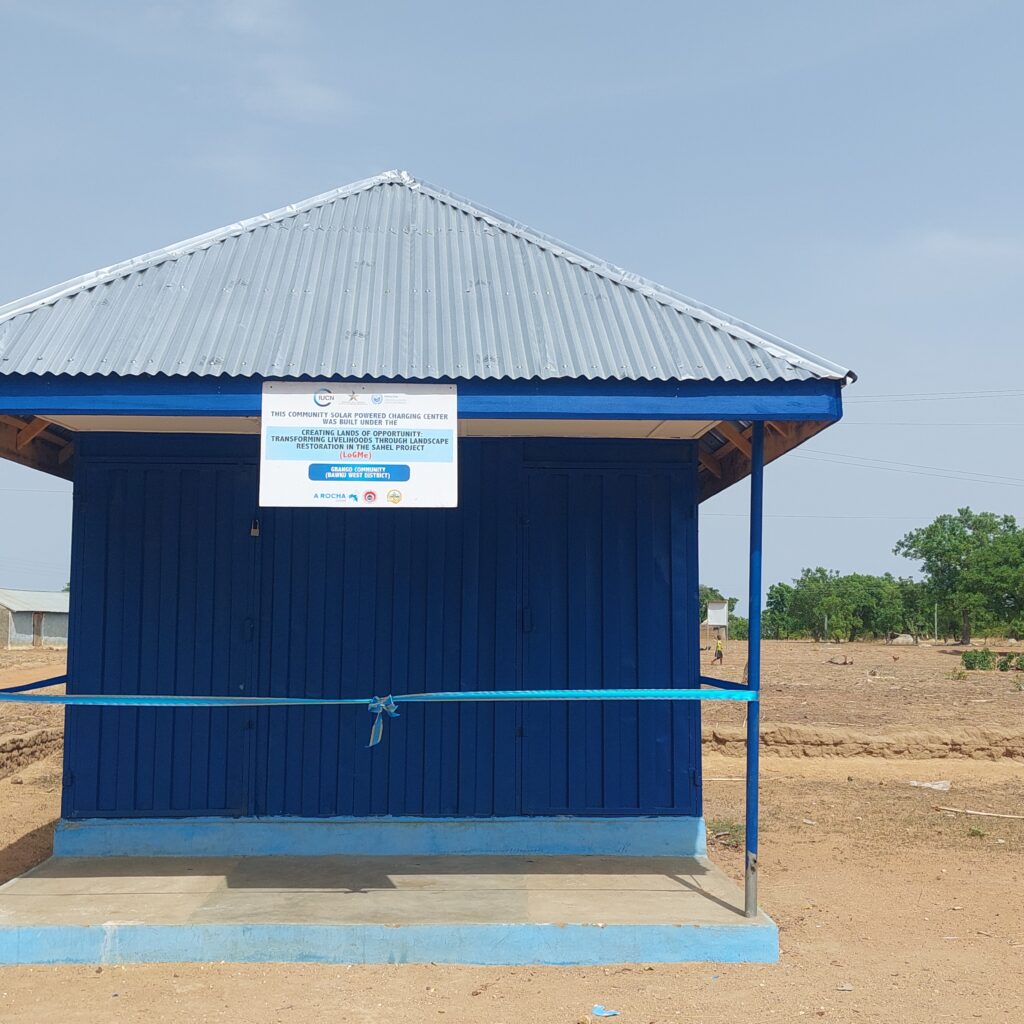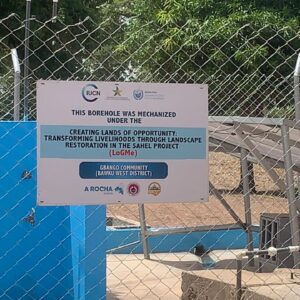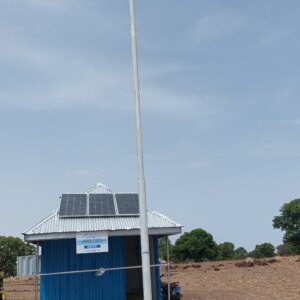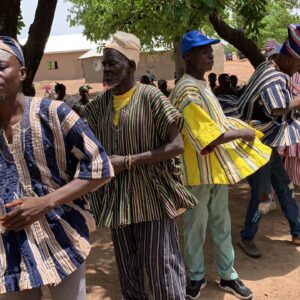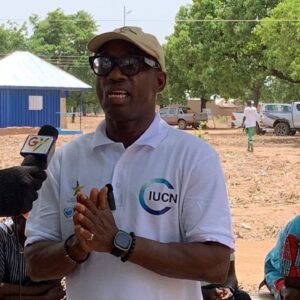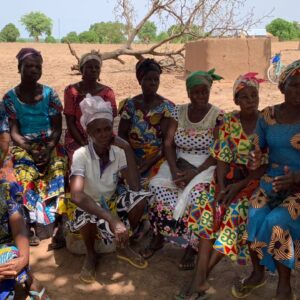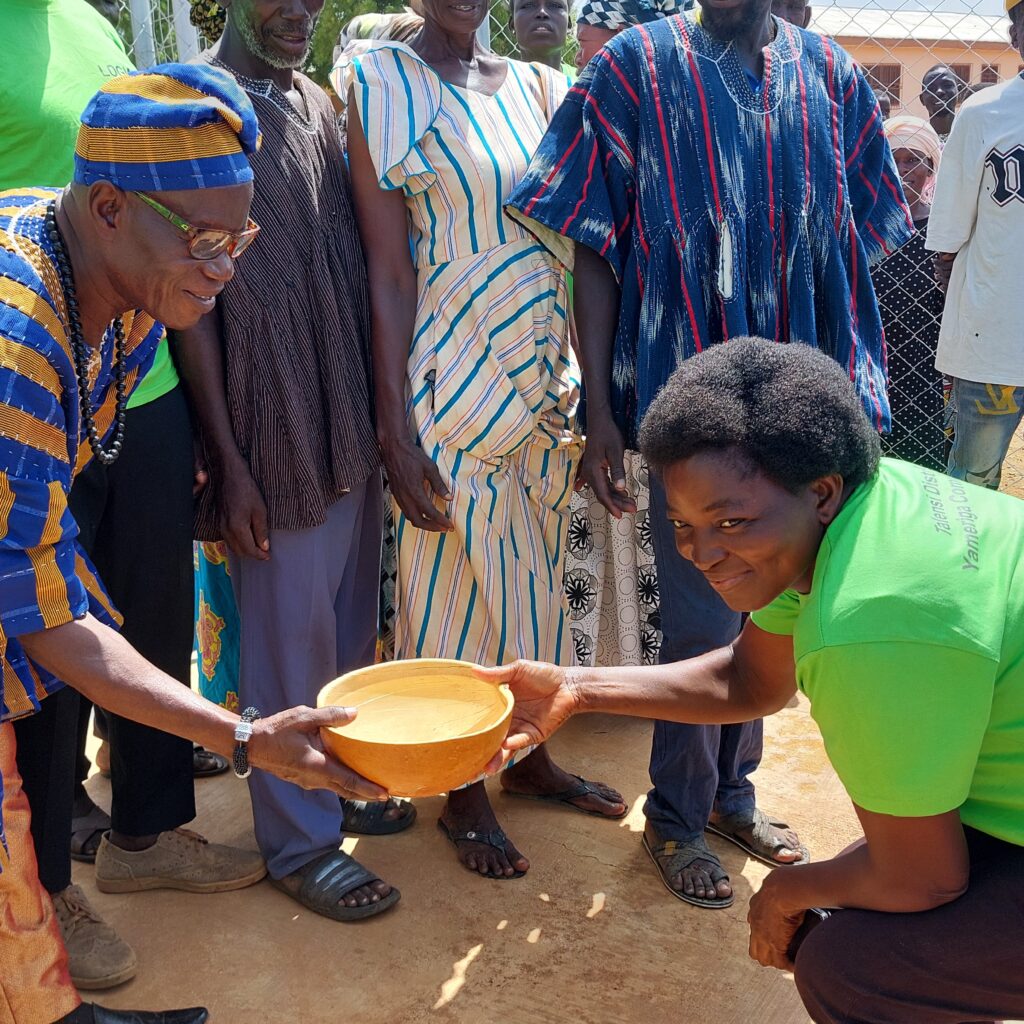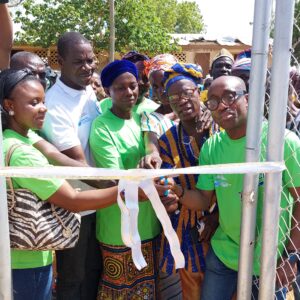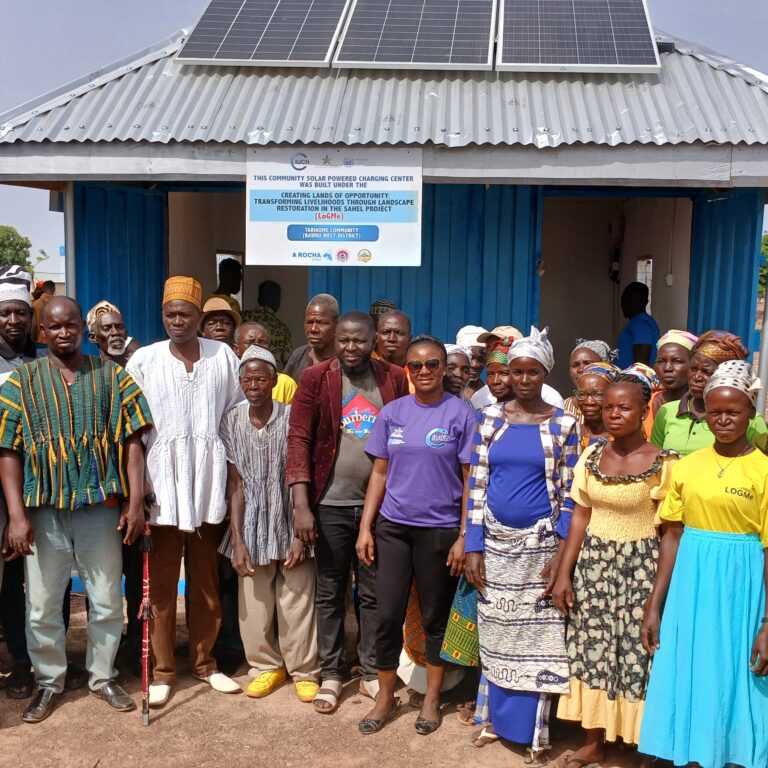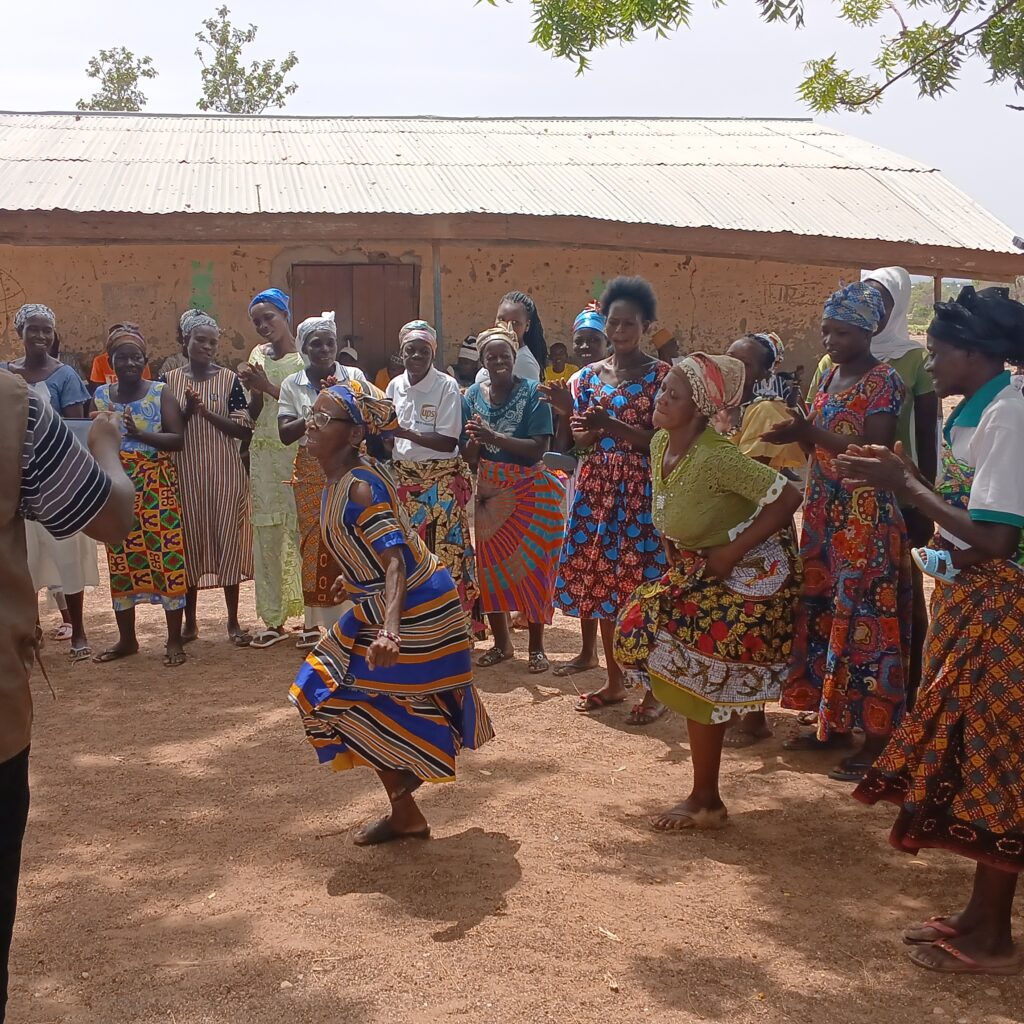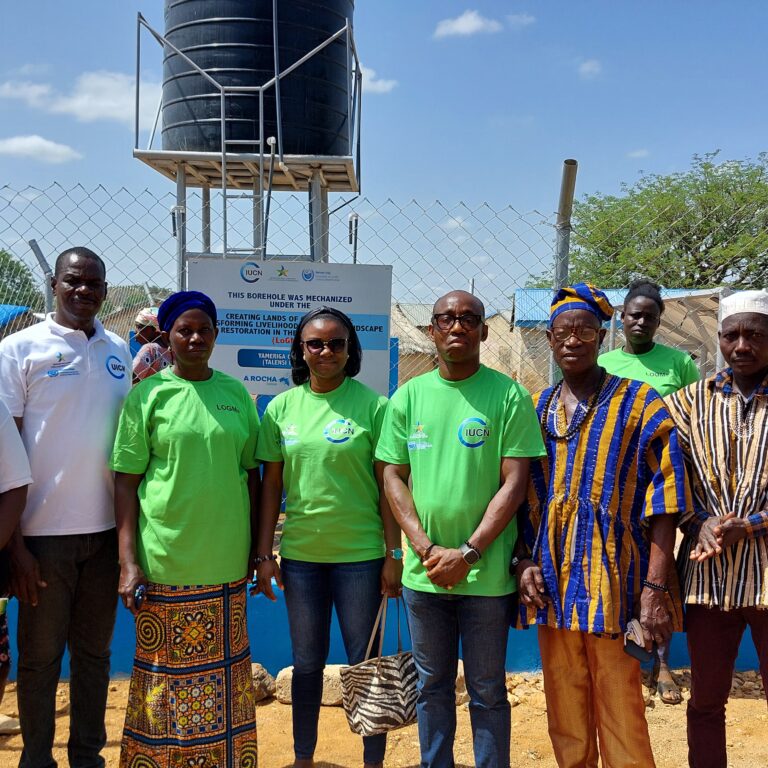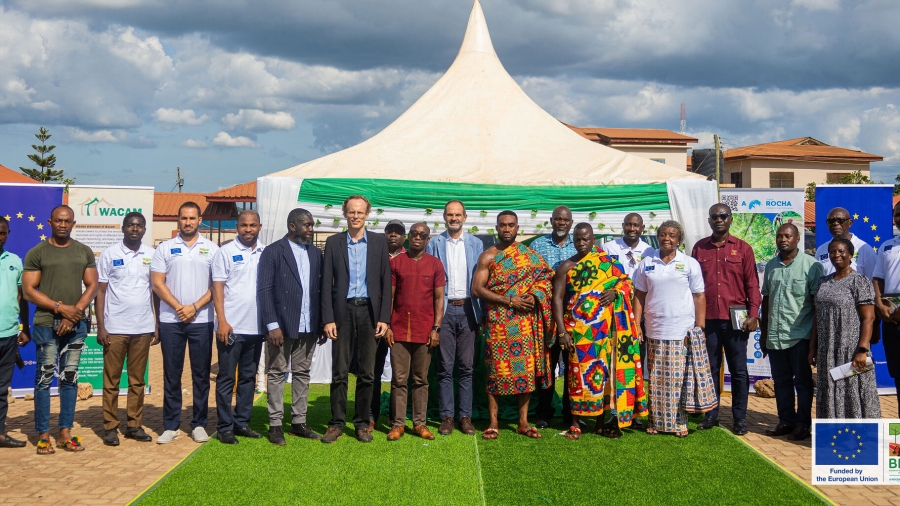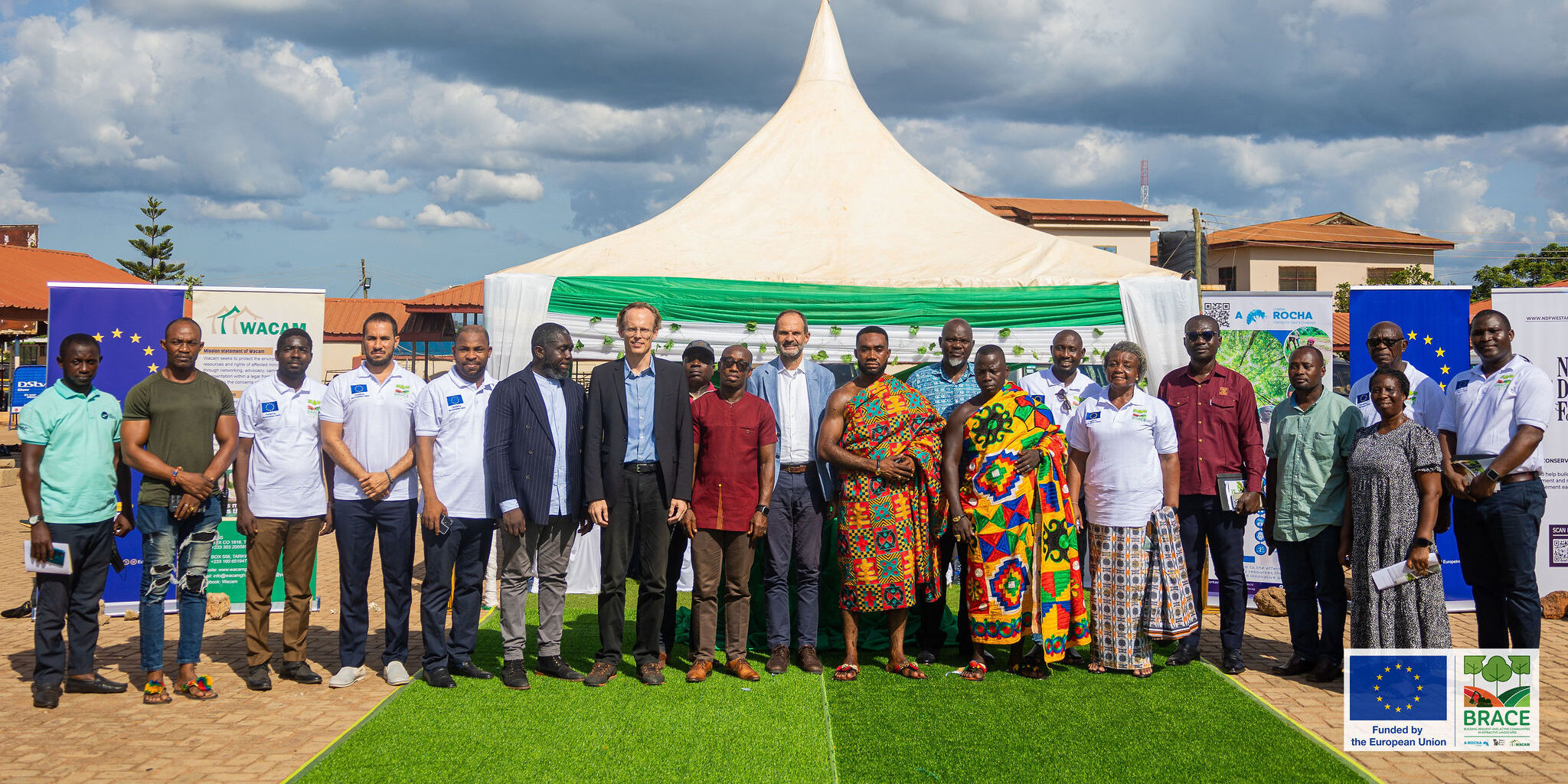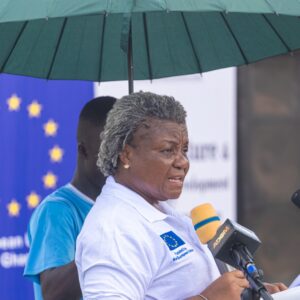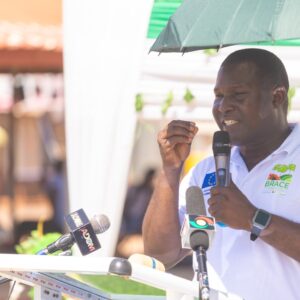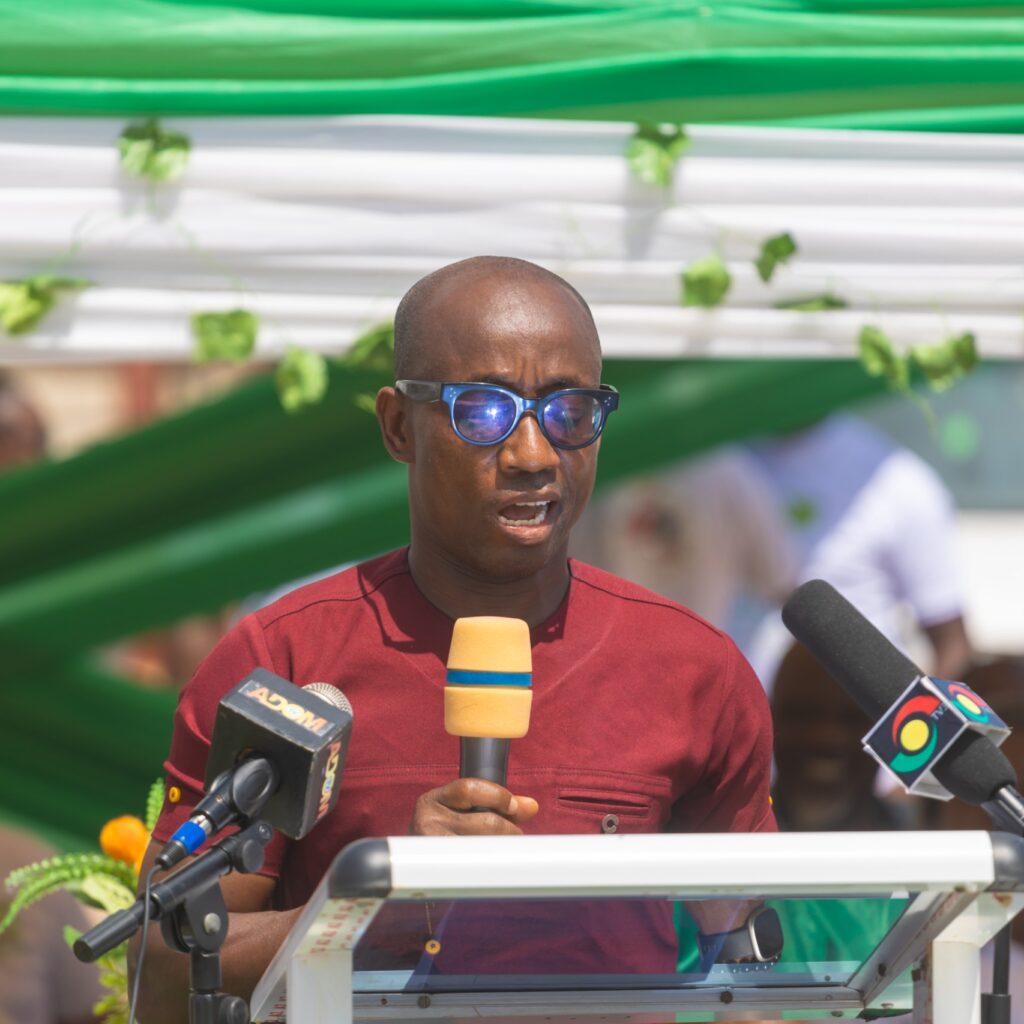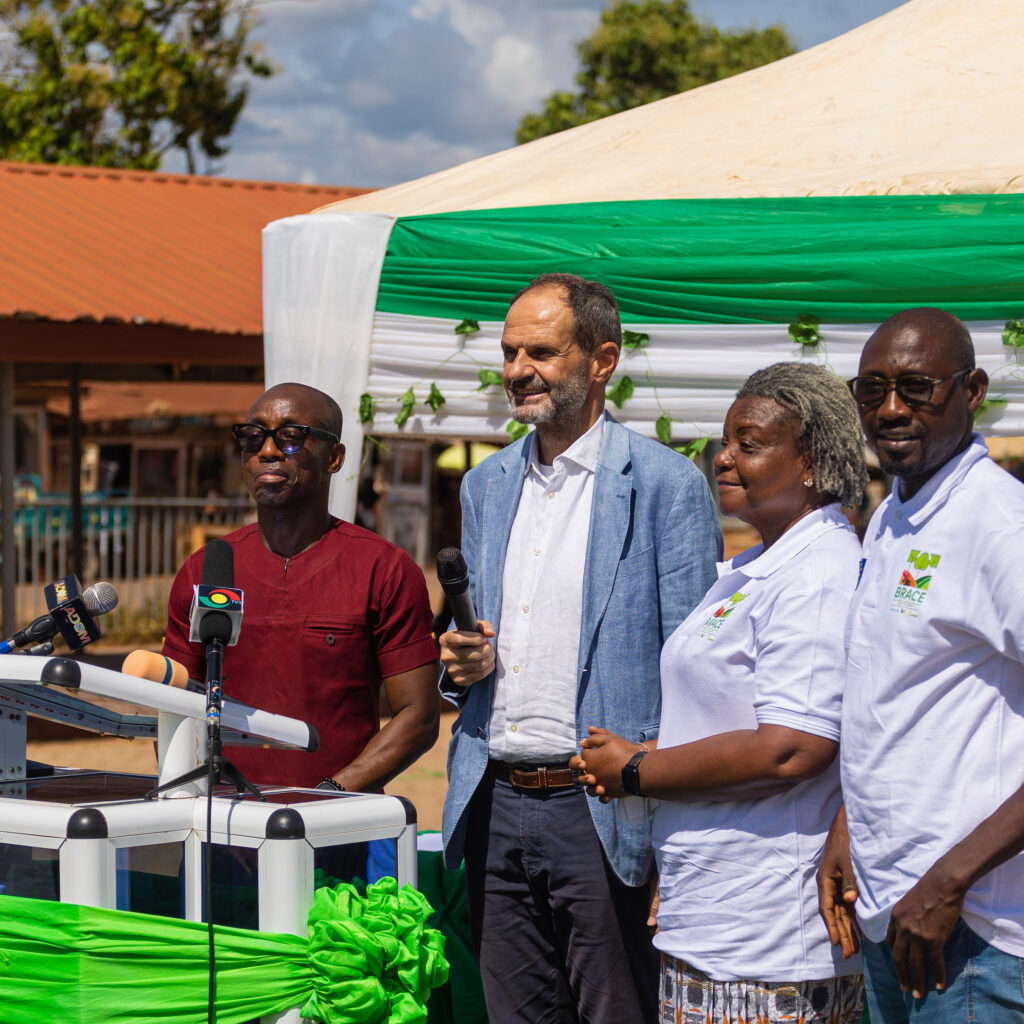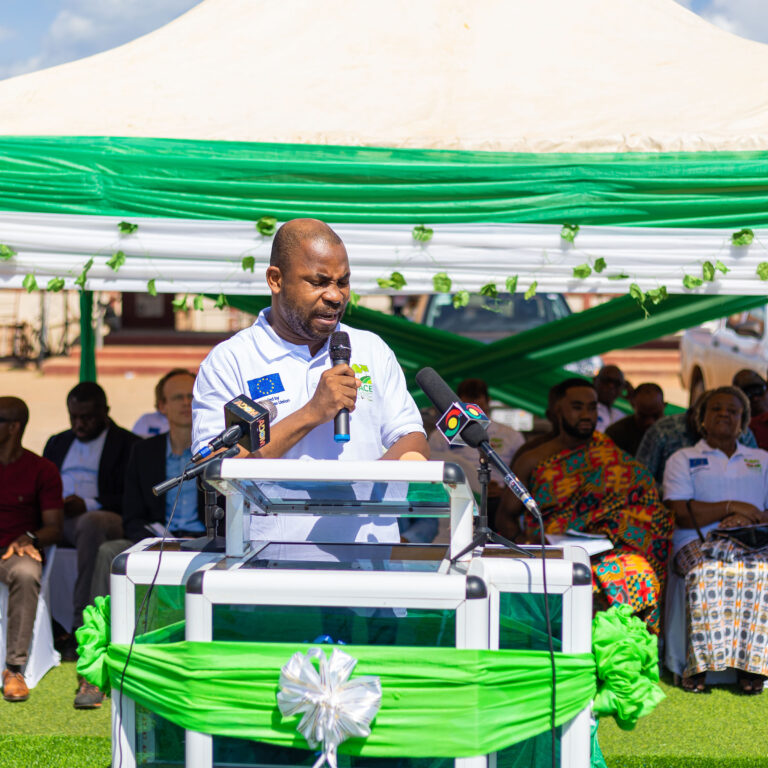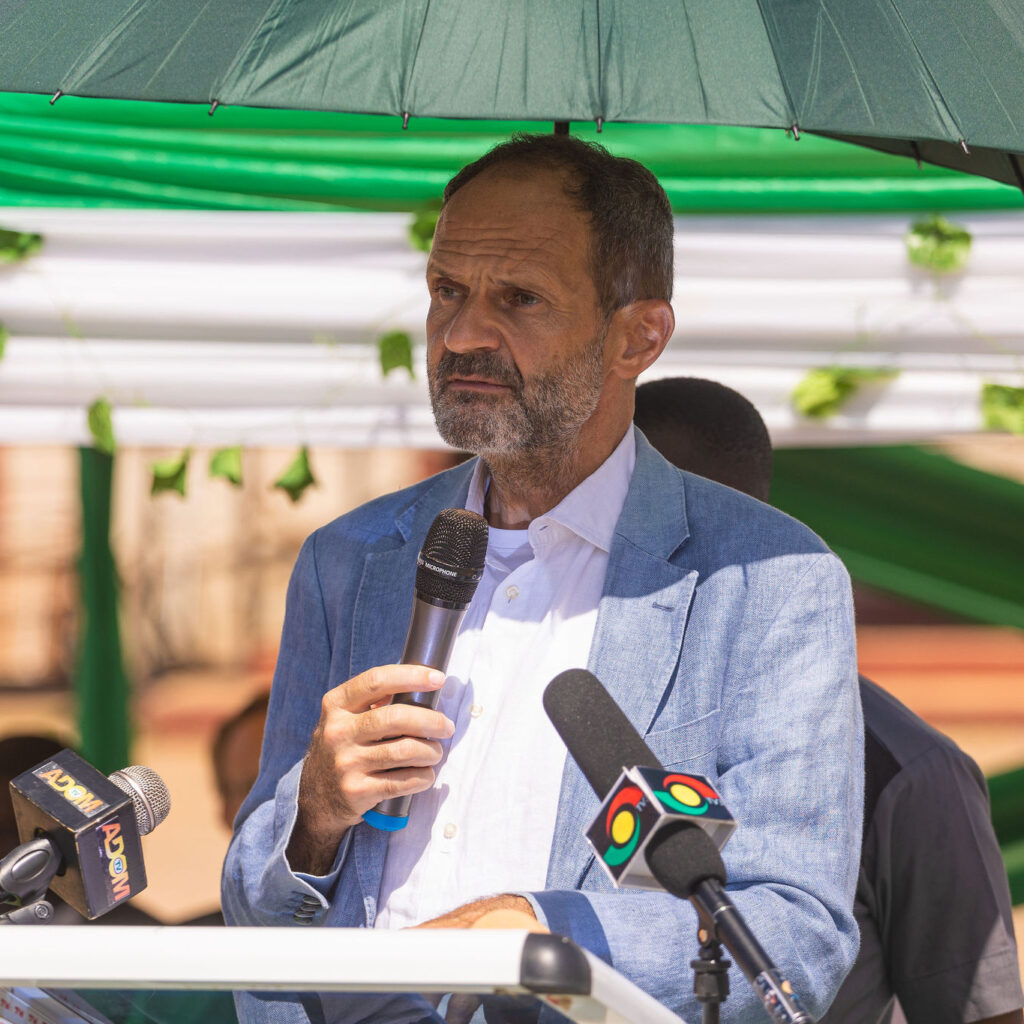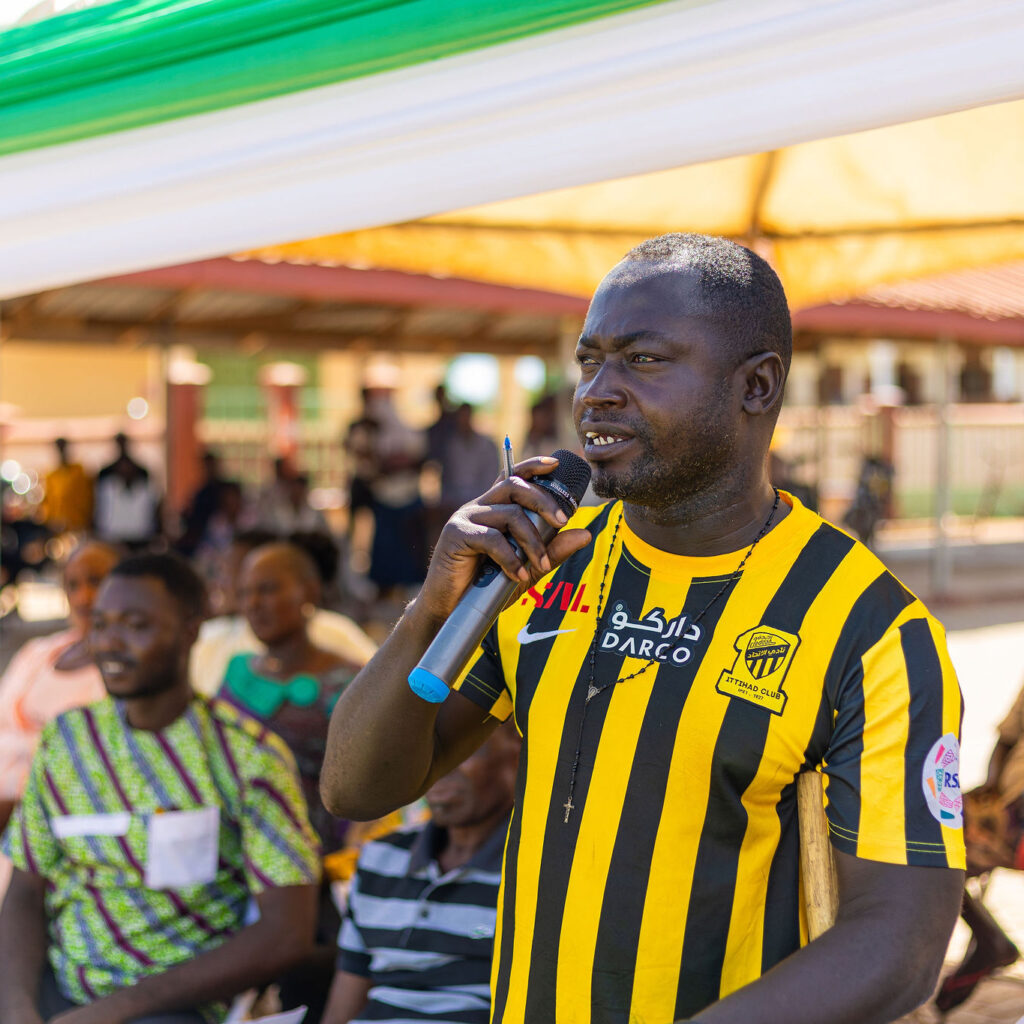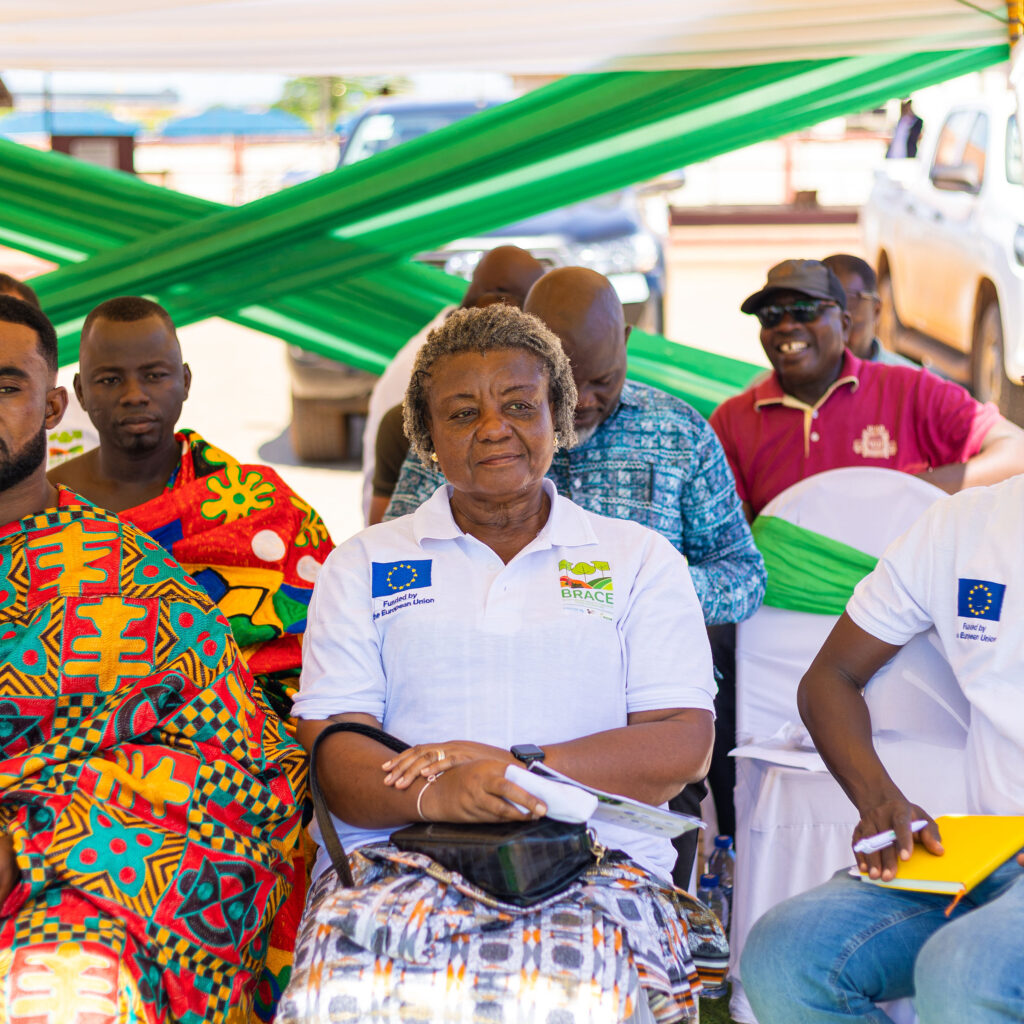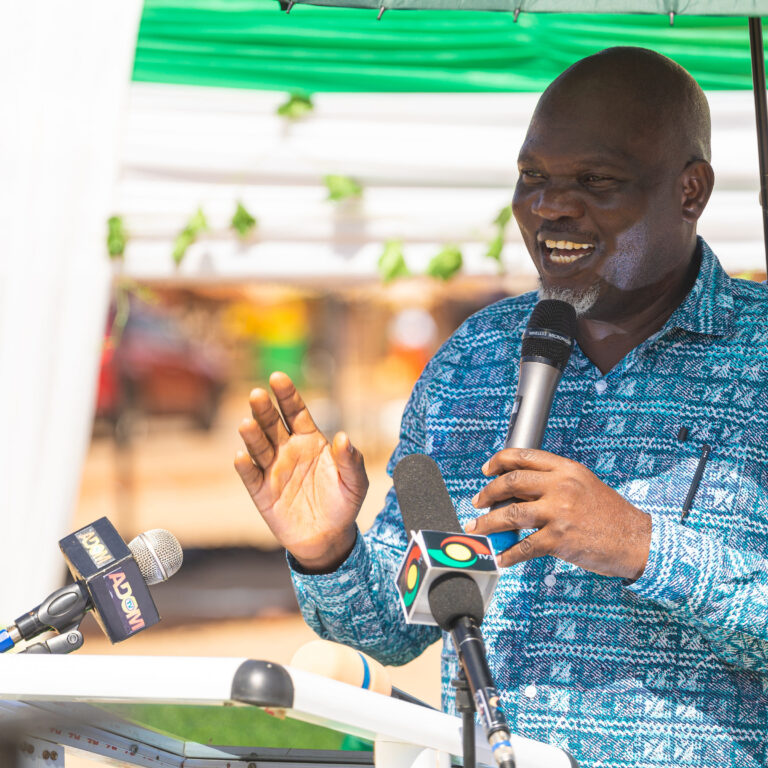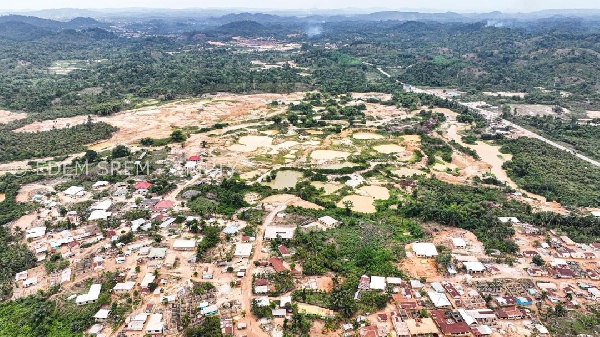
In recent years, Ghana has not only emerged as a significant player in the global mining industry but has also ascended to the position of the number one producer of gold in Africa. While this development might appear to promise economic growth and increased foreign investment, the reality on the ground paints a far less optimistic picture. The unchecked expansion of both legal and illegal mining activities has wrought significant socio-economic and environmental havoc across the nation, calling into question the true benefits of Ghana’s burgeoning status as the mining hub of Africa. The evidence of the danger we face in working towards this goal is amply manifested in the current the state of our water bodies, forests, biodiversity, and the violations and abuses wrought on communities by mining actors.
Corruption and Illicit Financial Transactions
At the heart of the mining sector’s troubles lies pervasive corruption and illicit financial practices. The opaque processes governing the allocation of mining permits and concessions have become breeding grounds for underhanded dealings. These transactions often involve powerful elites who manipulate the system to their advantage, sidelining the interests of local communities and the nation at large. The result is a wealth disparity where the riches generated from mining do not benefit the broader population but rather a select few. This endemic corruption undermines public trust in governmental institutions and stifles genuine socio-economic development. If left unaddressed, this perception can tarnish the reputation of even those mining operations committed to respecting social and environmental safeguards.
Displacement of Agriculture and Unwholesome Food
One of the most profound impacts of unsustainable mining in Ghana is its displacement of agriculture, particularly cocoa farming, which has historically been a cornerstone of the country’s economy. The sub-surface rights to minerals and mining often take precedence over surface land rights, leading to the expropriation of fertile agricultural lands for mining activities. This not only jeopardizes the livelihoods of farmers but also threatens Ghana’s food security. Recent data indicates that Ghana’s cocoa yield has dropped significantly from close to 1 million tons to almost half its previous production trend. This shortfall is projected to lead to a shortage of cocoa products, adversely affecting local processing companies and resulting in job losses. There is also the risk to our entire food systems, with farmers returning to heavy metal-exposed abandoned mining sites to grow food crops for both subsistence and the market.
Environmental Degradation
Mining activities, especially when conducted irresponsibly, have devastating effects on the environment. The deforestation and destruction of critical forests and biodiversity ecosystems are particularly alarming. Forests and watersheds play essential roles in maintaining ecological balance and supporting life through the provision of clean air, water, and other ecosystem services. Their loss translates into long-term environmental degradation that impacts not just current residents but future generations as well. The pursuit of transition minerals, essential for low-emissions technologies, will come at the cost of Ghana’s rich natural heritage, with forests being razed and biodiversity irreparably damaged. The enactment of Legislative Instrument 2462 to allow government access to protected critical biodiversity hotspots exemplifies this reckless approach in our quest to become a mining hub in Africa.
Water Pollution and Health Risks
Water pollution is another severe consequence of unsustainable mining practices in Ghana. The contamination of water bodies with heavy metals and other toxins poses grave health risks to local communities. Almost all the major rivers overlapping the rich mineral belts of Ghana are polluted, diverted, or dammed. Mining operations frequently lead to the discharge of harmful substances into rivers and streams, compromising water quality and rendering it unsafe for consumption and agriculture. This pollution has cascading effects, leading to a rise in waterborne diseases and negatively impacting food safety. The inability of water treatment and distribution companies to manage these contaminants further exacerbates the crisis, leaving many communities without access to safe drinking water. The documentary by Erastus Asare Donkor, “Poisoned for Gold,” is instructive if we truly prioritize the health and wellbeing of citizens.
Recent incidents have highlighted the health risks associated with exposure to contaminated food and water. Heavy metals such as mercury and lead, commonly found in mining runoff, accumulate in the food chain, affecting not only immediate consumers but also future generations. Chronic exposure to these toxins can lead to serious health conditions, including kidney problems caused by mercury, neurological disorders, and developmental issues in children, posing a significant public health challenge.
Impacts on Climate Mitigation Initiatives
The accelerated, unsustainable mining has significantly affected Ghana’s ability to achieve results under Ghana REDD+ initiatives, particularly the Ghana Cocoa Forests Emissions Reduction Program (GCFRP). This initiative, aimed at reducing emissions from deforestation and forest degradation, has struggled to meet its objectives due to large scale deforestation and forest degradation in the ear-marked emissions reduction area, resulting from mining encroachment. The government’s active sponsorship of accelerated mining coupled with lapsed compliance and enforcement as well as the introduction of community mining, has resulted in the displacement of numerous non-mining related jobs and environmental goods and services, undermining efforts to promote non-consumptive utilisation of forest and environmental assets, combat climate change and protect biodiversity. It’s as if the assumption is that the mined gold can somehow replace the water, carbon sinks, and biodiversity that are being lost, which is a dangerously flawed notion fueled by greed.
Associated Community Rights Violations
Another critical issue associated with the increasing mining agenda is the blatant abuse of community and citizens’ rights to a healthy environment, sometimes with direct support from government actors. There has been a deliberate weakening of regulatory mechanisms that would ensure adherence to business and human rights principles. Respecting human rights in the extractive sector is further hampered by the absence of Free, Prior, and Informed Consent (FPIC) as a key governing policy and legal framework for concession allocation. Additionally, certain provisions in Ghana’s minerals and mining legal framework give precedence to mineral rights over surface rights, such as cultural, water services, and land use. This legal imbalance exacerbates community disempowerment and environmental injustice.
Socio-Economic Impacts
The socio-economic impacts of mining extend beyond environmental and health concerns. Mining communities often experience a decline in quality of life due to the influx of mining activities. Traditional livelihoods are disrupted, leading to unemployment and social instability. Additionally, the promised economic benefits of mining, such as job creation and infrastructure development, often fall short of expectations. Instead, these communities face with high cost of living and deteriorating living conditions, inadequate compensation, and a lack of meaningful development.
The Way Forward
Given these myriad challenges, it is clear that the current trajectory of Ghana’s mining sector is unsustainable and detrimental to the nation’s long-term prosperity. To mitigate these adverse effects, Ghana must adopt a more sustainable approach to mining. This should involve:
- Urgently reviewing the legal framework for mineral governance in Ghana to prioritize FPIC and grant communities the right to accept or reject mining activities.
- Implementing stringent regulation and oversight of mining activities, ensuring transparency and accountability in the allocation of mining permits, and prioritizing the rights and needs of local communities, with a mandatory polluter-pay obligation for actors in the mining sector.
- Establishing an unambiguous legal framework setting boundaries, limitations, and no-go areas for mining in Ghana that prioritize the protection of water bodies and watersheds, forest reserves, biodiversity havens, and culturally sensitive areas. LI 2462 must be repealed with immediate effect.
- Adhering to and complying with existing legal frameworks on environmental impact assessments without political or elite capture and interference.
- Ensuring full compliance with the Minamata Convention to safeguard our environment against the unregulated use of mercury within our mining sector.
- Investing in sustainable agricultural practices and supporting farmers to enhance food security.
- Rehabilitating degraded mining sites and preserving forests and biodiversity to restore ecological balance.
- Addressing water pollution issues by enforcing the buffer zone regulatory policies and legal frameworks, while also embarking on an aggressive state led action to restore and protect our rivers and water bodies to guarantee citizens access to clean and safe water.
In conclusion, the quest to become the mining hub of Africa will not ensure our collective prosperity; instead, it will exacerbate climate risks, food insecurity, wealth inequalities, and environmental pollution and degradation. We need to rethink our approach and consider intergenerational equity, no matter how obsessed we are with mining. It is time for Ghana to strive towards a more balanced and sustainable future that benefits all its citizens, both now and for generations to come.
For inquiries, Contact:
Daryl Bosu
Email: [email protected]
